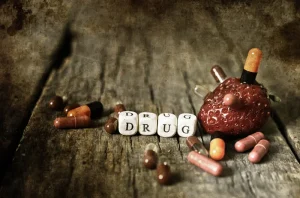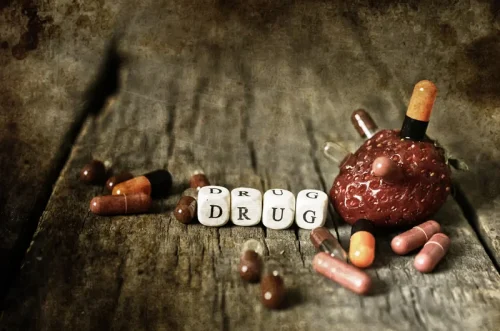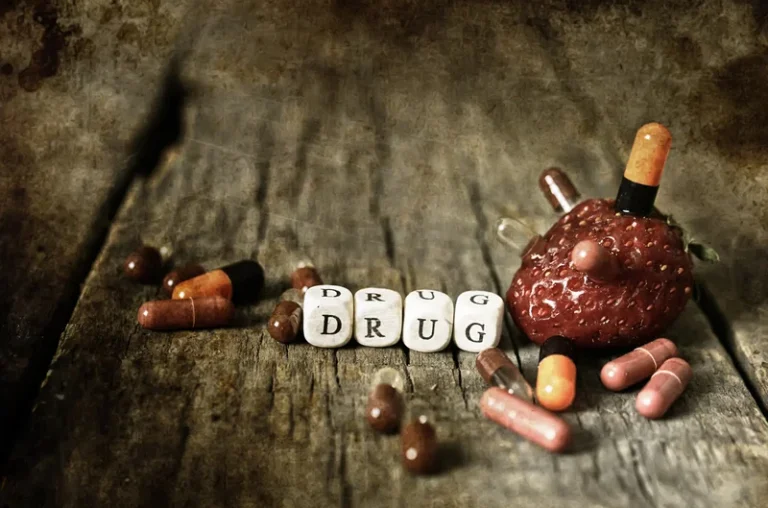
If you’ve experienced an allergic reaction after drinking wine, how do you know which allergen you’re allergic to? Although no fining agents were detected in the wines, a very small skin reaction was observed in people with a milk, egg, or fish allergy. Due to the small scale of why does wine make me sneeze the response, the researchers concluded fining agents pose a very low risk. Another more recent study assessed allergy and allergy-like symptoms following wine consumption. They found that more people reported symptoms following the drinking of red wine than of white wine. One 2005 study surveyed people who experience upper airway symptoms in response to alcohol.
- We use a pharmacist-formulated blend of Glutathione, Dihydromyricetin, Cysteine, L-Theanine, & B Vitamins to stop alcohol flushing before it can begin.
- Additionally, dehydration caused by alcohol consumption can also contribute to sinus congestion.
- In fact, researchers have made very clear distinctions between these two physiological responses to wine, as can be seen in the figure below.
- The process of wine fining enables winemakers to ensure that their Red Wine resists storage, transportation, and temperature conditions to remain stable and high quality.
- In some people, drinking alcohol may also trigger an allergic reaction, which can cause sneezing and other symptoms.
- Drinking plenty of fluids will help to thin out the mucus in your nose and make it less likely to trigger a sneeze.
Prevention

In general, red wines typically have higher sulfite concentrations than white wines. Additionally, you can opt for wine alternatives such as mead or beer which typically contain lower levels of sulfites than wine. Dr. Adkinson recommends that people who are prone to alcohol-related allergic reactions should avoid consuming these fruits as well as alcoholic beverages heroin addiction containing sulfites. He adds that the chances of having an adverse reaction to those foods or drinks is one out of every hundred.
- Leah’s sneezing symptoms may be one-of-a-kind, but plenty of adults occasionally find themselves with pounding headaches and congestion from a glass.
- Wine commonly contains histamine, and histamine in your body commonly produces allergic reactions and headaches.
- By Elizabeth PrattPratt is a freelance medical and mental health journalist with a master’s degree in health communication.
- People with this defect aren’t able to metabolize alcohol as quickly as others, which leads to a buildup of a compound called acetaldehyde that is known to cause skin flushing.
- But alcohol tolerance is more complicated than just being “a lightweight” or not.
From ethanol to harmless waste products — how the body metabolizes alcohol
Some people, especially those with asthma, may also have a sulfite sensitivity, which is an immune reaction. A sulfite sensitivity is typically classified as an allergy and may result in mild to severe symptoms. That runny or stuffy nose you get if you’re intolerant to alcohol may feel and seem like allergies, but it’s not. As we now know, alcohol intolerance is an issue with metabolizing alcohol — not an overzealous immune system. The bad news is that you can’t really do much about it, or that unwelcome nasal congestion that comes along with it, aside from just not drinking alcohol.
When to see a doctor

Additionally, if you have a family history of alcohol intolerance or have experienced uncomfortable symptoms after consuming alcohol before, it may be wise to avoid drinking altogether. Red wines, for example, tend to have higher levels of histamines than white wine or beer. If you find that drinking these beverages triggers an allergic reaction, then it’s important to limit your intake and switch to lower-histamine alternatives. Another helpful tip is to opt for histamine-low foods, such as fresh fruits and vegetables, or fermented products like yogurt or kefir.
- The most common allergens found in wine include histamine and sulfites, but some people may also have an allergic reaction to the grapes used to make the wine, yeast, and other additives.
- If you find that straight spirits make you sneeze, try diluting them with water or soda before you drink them.
- For example, a person with histamine intolerance can experience adverse reactions when drinking alcohol because their body is unable to process the histamine in certain types of drinks.
- They may experience a variety of symptoms on the skin, in the respiratory system, and in the digestive system.
- The blood will then be sent to a laboratory to test for allergy-related antibodies called IgE antibodies.

If you experience any of these reactions after drinking red wine, it could be a sign that you are intolerant or allergic to alcohol. It is important to consult with your doctor for an accurate diagnosis and appropriate treatment. Your doctor may recommend avoiding foods and beverages containing alcohol, taking medication before consuming alcoholic drinks, or other treatments depending on the cause of your symptoms. If your symptoms are caused by sinus problems, you may need to see an allergist or immunologist for tests and treatments. They can help you determine if it is indeed the cause of your unpleasant reactions and recommend an appropriate treatment plan. To reduce the risk of having a reaction, look for labels on alcoholic beverages that indicate lower levels of sulfites or those labeled as “sulfite-free”.
- Sneezing after drinking beer is an interesting phenomenon that has sparked a lot of debate.
- If you find that certain foods make you sneeze, such as strawberries or shellfish, try avoiding them before you drink.
- Additionally, you can opt for wine alternatives such as mead or beer which typically contain lower levels of sulfites than wine.
- However, to eliminate them completely, it is necessary to avoid consuming red wine altogether.
- But not many people realize that there are many ingredients, additives, and preservatives within alcoholic beverages that can cause negative side effects.
- These products rapidly remove up to 95% of the histamines and sulfites in wine without removing the healthy “good things” in wine such as antioxidants, tannins and resveratrol.
Sulfites

It is usually caused by genetic variations in the ALDH2 gene, which produces the enzyme that metabolizes alcohol. People with less active ALDH2 enzymes have difficulty breaking down alcohol, leading to uncomfortable reactions. While this may sound like an allergic reaction, these types of reactions to wine or beer actually have more to do with your immune system.
